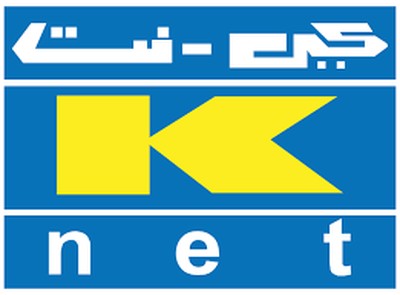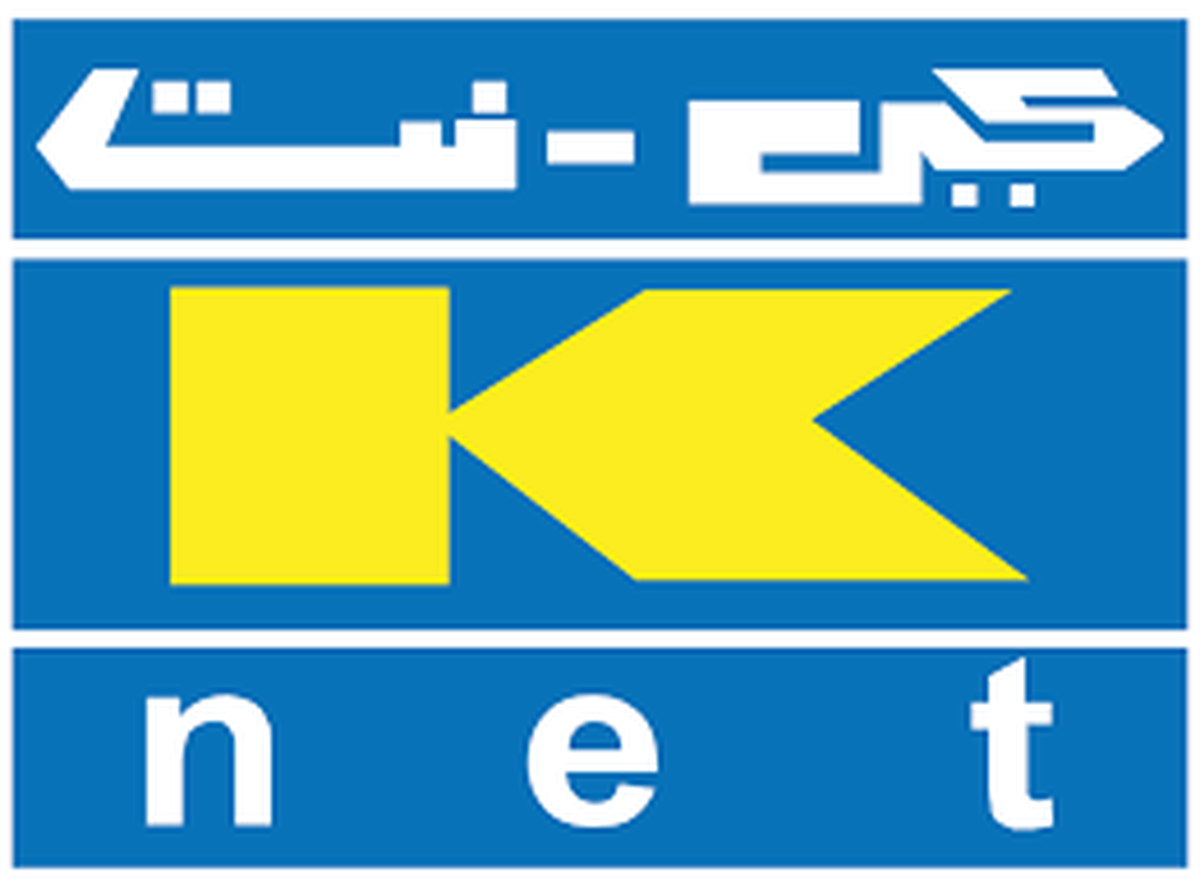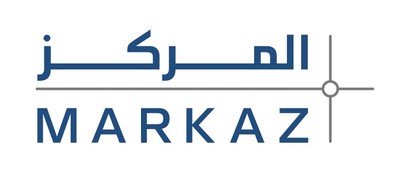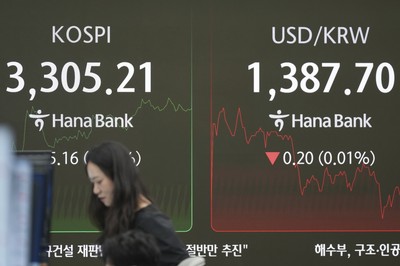KUWAIT CITY, May 28, (BUSINESS WIRE): ACI Worldwide (NASDAQ: ACIW), an original innovator in global payments technology, and KNET, Kuwait’s national electronic banking company, today announced that WAMD, Kuwait’s real-time payment system, recorded significant growth in the number of transactions processed since its launch in June of 2024, making WAMD one of the world’s most rapidly adopted real-time payment initiatives. KNET utilized ACI’s Digital Central Infrastructure solution to build the central payment infrastructure of WAMD, an interoperable, countrywide scheme that enables account-to-account (A2A) payment transfers via a bank’s mobile app or internet banking service by using a phone number. WAMD was implemented in less than 15 months, redefining the pace for rapid digital transformation and innovation.
Banks in Kuwait have lauded the scheme for delivering a seamless and user-friendly differentiated customer banking experience. With 100% of the country’s banks now on board with WAMD, this extraordinary growth in realtime payments is expected to continue. “As real-time payments become ubiquitous in Kuwait, consumers have gravitated toward secure, realtime payment methods, reshaping habits around convenience and efficiency while reducing reliance on cash. KNET’s primary strategic focus is to provide a safe and reliable payment environment by enhancing existing infrastructure, developing innovative payment systems, and improving service efficiency domestically and regionally,” said EsamAlkheshnam, KNET’s Chief Executive Officer. Alkheshnam added that “IPS in Kuwait was given the name ‘WAMD,’ which translates to lightning flash – an indication of the speed of the service. WAMD, which is available on the banking application of all local banks, has gained traction from the start with one million registered users during the first quarter of the launch of WAMD. “As soon as we introduced the service to Kuwait, we began outlining the next phase of IPS in Kuwait, which will build on the success of phase one. Together with ACI Worldwide, being one of our strategic partners, KNET is committed to adopting state-of-the-art technologies in digital payments, adhering to the highest global standards.”
Aligned with KNET’s mission of supporting Kuwait’s national vision for digital transformation, longer-term strategic initiatives include the integration of Kuwait’s fintech players to WAMD and enabling A2A real-time payments in their Electronic Fund Transfer Point-of-Sale terminals using dynamic QR codes. KNET is also looking at implementing the “Request to Pay” service to streamline payment operations for web merchants and provide a safer, enhanced e-commerce shopping experience for Kuwaitis. Kuwait’s evolution into a realtime payment powerhouse is set to further propel the Middle East’s position as a leader in payments modernization. According to ACI’s Prime Time for Real-Time 2024 report, which tracks global realtime payment volumes and growth forecasts, the Middle East has been recognized as the fastest-growing real-time payments market in the world for two consecutive years.
Additionally, real-time payments are a powerful enabler for economic advancement and inclusion. ACI’s Real-Time Payments: Economic Impact and Financial Inclusion report indicates that by 2028, real-time payments are forecast to create more than 167 million new bank account holders and generate $285.8 billion of additional global GDP growth. “Kuwait’s rapid adoption of real-time payments has been impressive and stands out as one of the fastest adoption rates around the globe. The rising demand for real-time payments drives innovation in payments, forges new use cases that stimulate economic growth, promotes financial inclusion, and meets customers’ evolving expectations,” commented Craig Ramsey, global head of account-to-account payments at ACI Worldwide.
“Together, ACI and KNET have created one of the most secure and future-proof real-time payment systems in the world – one that puts Kuwait at the forefront of the global realtime payments revolution.” ACI Worldwide has a strong track record of powering real-time schemes around the world as well as helping banks, fintechs and other payment service providers in the ecosystem to connect to the schemes and offer new, innovative financial services for consumers and businesses. ACI currently powers 26 domestic and pan-regional real-time schemes across six continents – including 11 central infrastructures. Globally, ACI serves all 10 of the world’s largest financial institutions by asset value and provides solutions that move trillions of dollars through more than one billion transactions daily.
About KNET The Shared Electronic Banking Services Company (KNET), a pioneer in electronic payments in Kuwait, was established in 1992 through a partnership of local banks to connect their systems and enable a wide range of banking services through an advanced network. KNET is committed to adopting state-of-the-art technologies in various fields of electronic banking and payments, adhering to the highest global standards. The company’s targeted sectors include commercial, banking, and governmental sectors in Kuwait.
About ACI Worldwide ACI Worldwide, an original innovator in global payments technology, delivers transformative software solutions that power intelligent payments orchestration in real time so banks, billers, and merchants can drive growth, while continuously modernizing their payment infrastructures, simply and securely. With 50 years of trusted payments expertise, we combine our global footprint with a local presence to offer enhanced payment experiences to stay ahead of constantly changing payment challenges and opportunities.

 Latest News17 hours ago
Latest News17 hours ago
 Latest News18 hours ago
Latest News18 hours ago
 Latest News15 hours ago
Latest News15 hours ago
 Latest News14 hours ago
Latest News14 hours ago
 Business22 hours ago
Business22 hours ago
 Latest News8 hours ago
Latest News8 hours ago
 Politics18 hours ago
Politics18 hours ago
 Latest News10 hours ago
Latest News10 hours ago
























